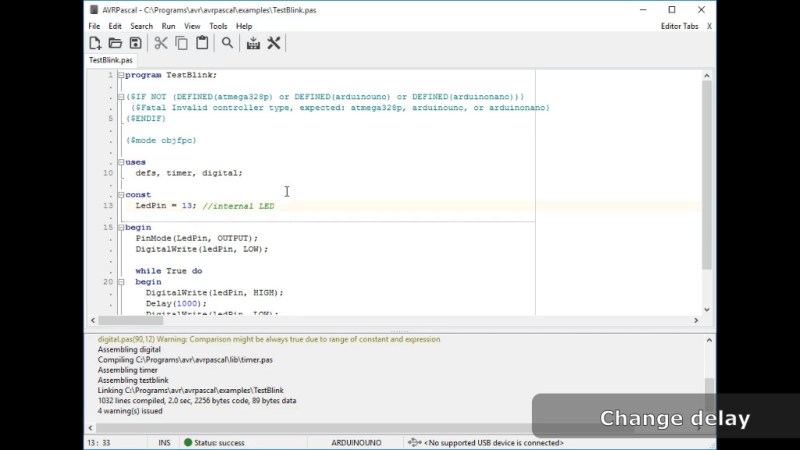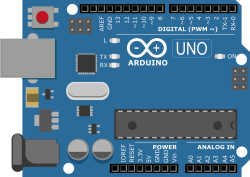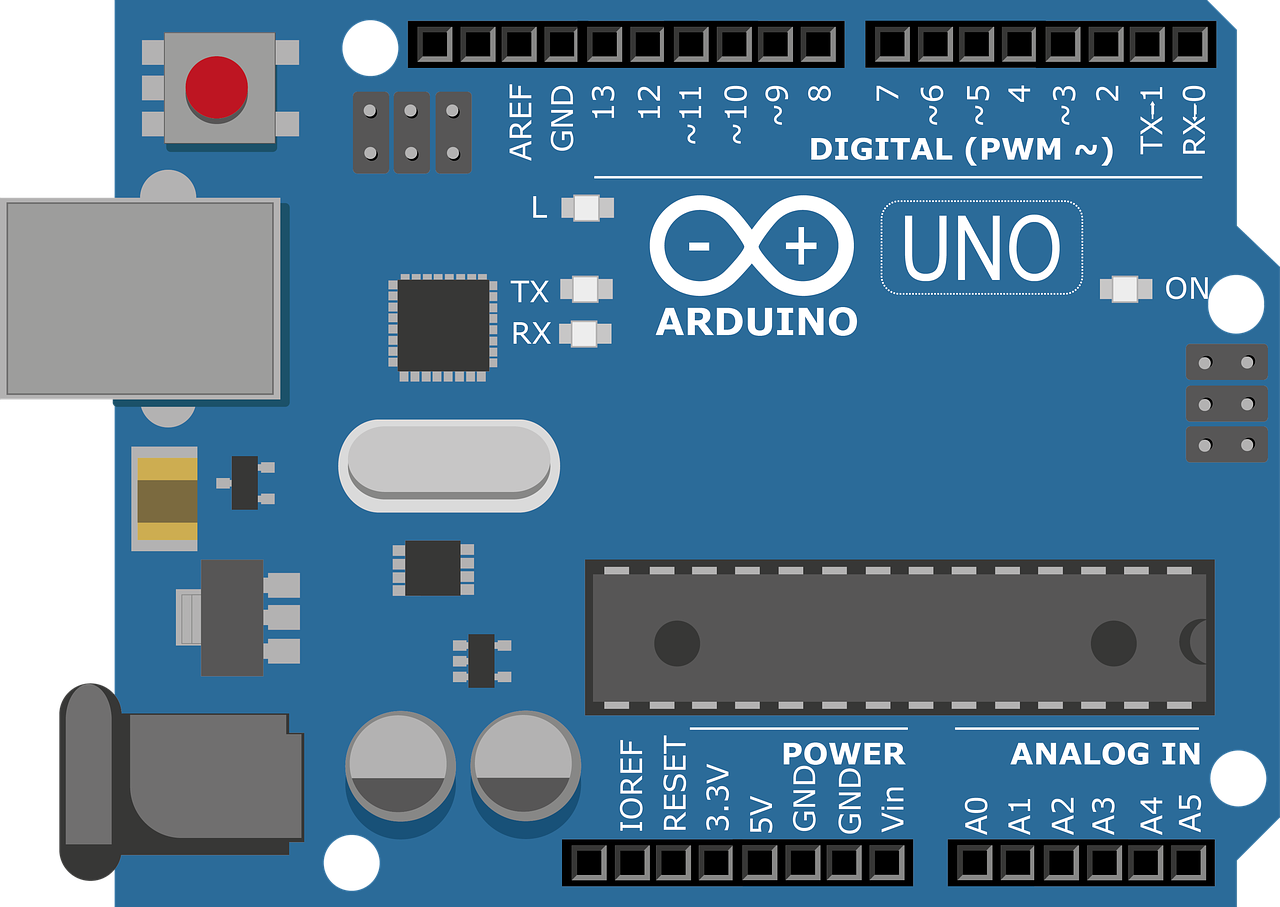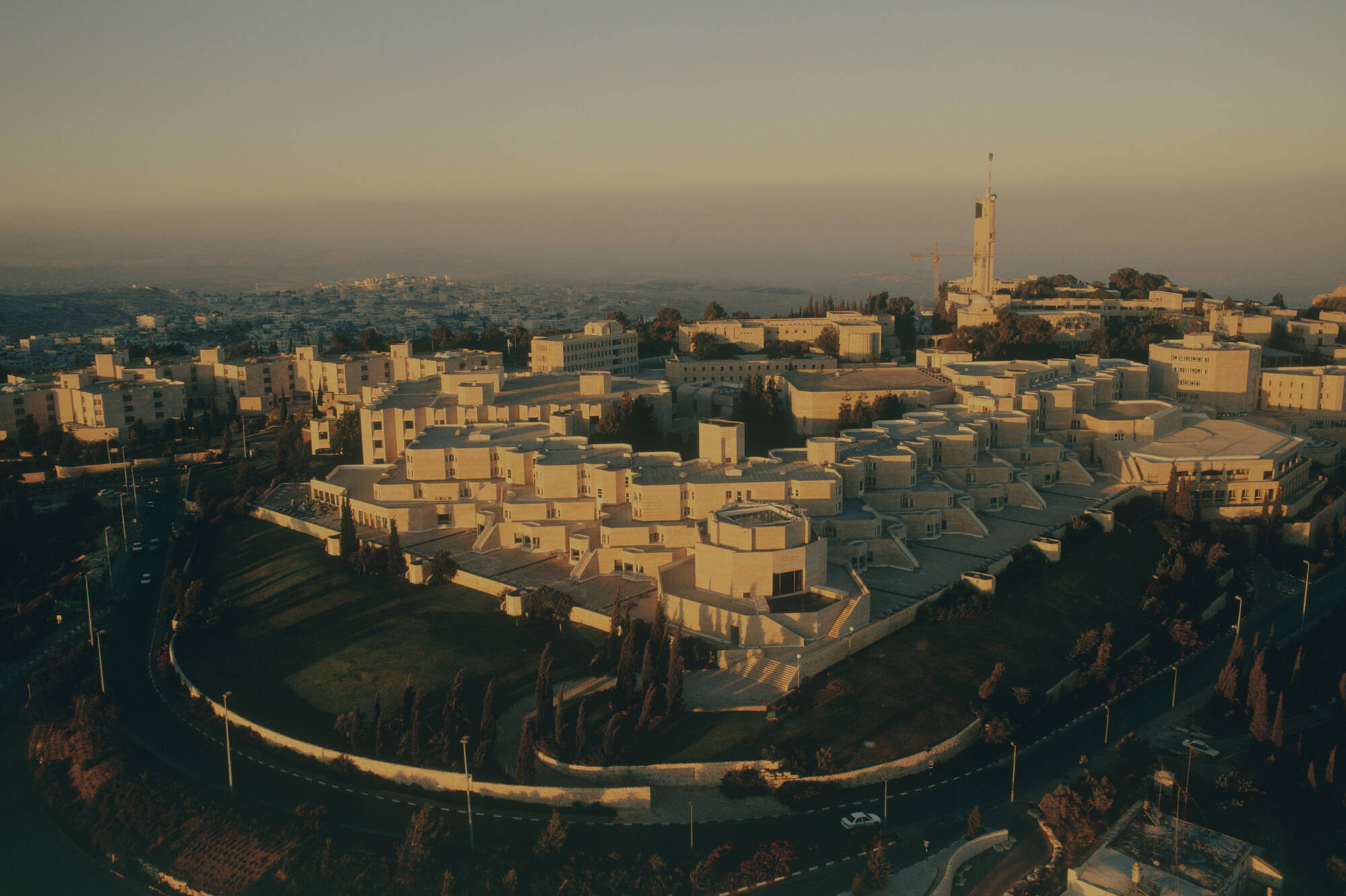Pascal? On my Arduino? It’s More Likely Than You Think
The Arduino ecosystem is an amazing learning tool, but even those of us who love it admit that even the simplified C Arduino uses isn’t the ideal teaching language. Those of us who remember learning Pascal as our first “real” programming language in schools (first aside from BASIC, at least) might look fondly on the AVRPascal project by [Andrzej Karwowski].
[Andrzej] is using FreePascal’s compiler tools, and AVRdude to pipe compiled code onto the micro-controller. Those tools are built into his AVRPascal code editor to create a Pascal-based alternative to the Arduino IDE for programming AVR-based microcontrollers. The latest version, 3.3, even includes a serial port monitor compatible with the Arduino boards.
This guy, but with Pascal. What’s not to love?
The Arduino comparisons don’t stop there: [Andrzej] also maintains UnoLib, a Pascal library for the Arduino Uno and compatible boards with some of the functionality you’d expect from Arduino libraries: easy access to I/O (digital and analog ports) timers, serial communication, and even extras like i2c, LCD and sensor libraries.
He’s distributing the AVRPascal editor as freeware, but it is not open source. It’s too bad, because Pascal is a great choice for microcontrollers: compiled, it isn’t much slower than C, but it can be as easy to write as Python. Micropython shows there’s a big market for “easy” embedded programming; Pascal could help fill it in a more performant way. Is the one-man license holding this project back, or is it just that people don’t use Pascal much these days?
While AVR programming is mostly done in C, this is hardly the first time we’ve seen alternatives. While some have delved into the frightening mysteries of assembly, others have risen to higher abstraction to run LISP or even good old fashioned BASIC. Pascal seems like a good middle road, if you want to go off the beaten path away from C.









